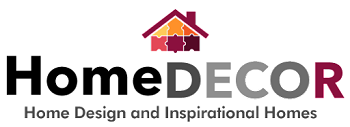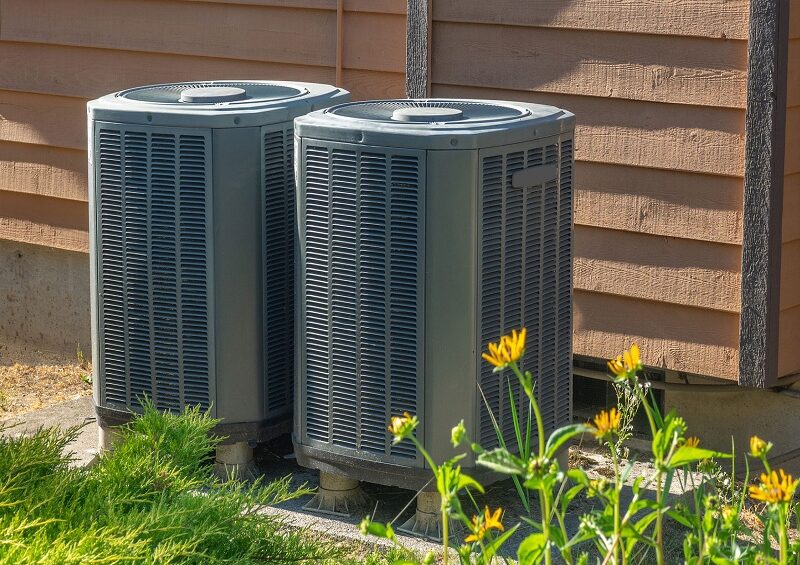When planning a home improvement project, climate control is a vital aspect to consider. Selecting the right air conditioning system can play a significant role in your home’s comfort, energy efficiency, and overall living experience. With various types of air conditioning systems available, choosing the right one for your home can seem a daunting task. However, by understanding the features, pros, and cons of each system, you can make an informed decision that suits your comfort needs and energy goals.
Furthermore, integrating these systems with solar power solutions can lead to considerable savings and enhance your push towards sustainable living.
Central Air Conditioning
Central air conditioning is one of the most common cooling systems found in homes. It functions by cooling air in a central location and then distributing this air to the entire house through ductwork. It’s a highly effective system for larger homes as it can cool multiple rooms evenly and efficiently.
Pros: Central air conditioning systems provide consistent cooling throughout your house and can also improve indoor air quality due to built-in air filters.
Cons: These systems can be expensive to install, especially in older homes without existing ductwork. Additionally, they can consume a significant amount of energy if not managed efficiently.
Ductless Mini-Split Air Conditioning
Ductless mini-split systems are an excellent option for homes without ductwork or for adding cooling to specific rooms. These systems consist of an outdoor compressor and one or more indoor air handling units connected by a conduit.
Pros: Mini-split systems are energy-efficient, easy to install, and allow for zoned cooling, meaning you can cool specific rooms based on use and preference.
Cons: They can be more expensive upfront compared to window units and require professional installation. Additionally, indoor units can sometimes be visually obtrusive.
Window and Portable Air Conditioning Units
For smaller spaces or if you’re looking for a budget-friendly option, window or portable air conditioning units can be a good choice. They’re typically designed to cool a single room and can be moved as needed.
Pros: These units are affordable, easy to install, and ideal for cooling small spaces or specific rooms.
Cons: They’re less energy-efficient compared to central or mini-split systems, can be noisy, and might obstruct views or natural light when installed in windows.
Harnessing Solar Power for Your Air Conditioning System
Regardless of the type of air conditioning system you choose, powering it with solar energy can significantly offset operational costs. Air conditioners consume a substantial amount of energy, especially during hot summer months. By pairing your air conditioning system with solar panels, you can harness the power of the sun to cool your home, reducing your dependence on grid electricity and saving on energy bills. Looking for the best Air Conditioning Costa del Sol has to offer, look no further than Sunny Pannels
Solar panels can generate enough energy during peak sun hours to power your air conditioning system. Any excess energy can either be fed back into the grid (if your local regulations allow for it) or stored in a solar battery storage system for later use. Solar battery storage becomes particularly handy during evenings when the sun is down, yet the need for air conditioning remains high. The stored solar power can keep your air conditioning running efficiently without relying on grid electricity, which is often more expensive during peak usage hours.
Pairing solar power with an efficient air conditioning system contributes significantly to reducing your carbon footprint. It’s a compelling testament to how you can enjoy modern conveniences like air conditioning without compromising on sustainability.
Adding Value and Saving the Planet with Renewable Energies
The environmental benefits of renewable energy are well-documented, but less known are the significant advantages these sustainable systems offer in terms of property value. Installing renewable energy solutions like solar panels and efficient air conditioning systems in your home not only lowers your carbon footprint and cuts down on utility bills, but also significantly increases your home’s market value.
Boosting Property Value
In today’s green-conscious market, a home with solar panels is an attractive prospect for potential buyers. By installing solar panels, you’re not just adding a feature to your home – you’re investing in an upgrade that can significantly increase its market value.
Research has found that home buyers are willing to pay more for homes with solar panel systems. According to a study by the Lawrence Berkeley National Lab, on average, solar panels increase a home’s value by around $15,000. The exact figure depends on numerous factors such as the size of the installation, the property location, and the price of electricity in the area.
Air conditioning systems, particularly energy-efficient ones, also add to the property’s value. Modern buyers view these systems as essential, especially in warmer climates. An efficient, well-maintained air conditioning system can be a strong selling point for a home and could increase its value by as much as 10%.
Helping Save the Planet
Utilizing renewable energies is one of the most impactful steps individuals can take towards combatting climate change. Traditional electricity production methods often rely on burning fossil fuels, a process that contributes heavily to global greenhouse gas emissions.
Solar power, on the other hand, harnesses energy from the sun, a renewable and abundant source. It’s a clean form of energy that emits no greenhouse gases once the panels are installed. By switching to solar energy, the average household can significantly reduce its carbon emissions.
Efficient air conditioning systems also play a role in reducing your carbon footprint. Modern air conditioners, especially those powered by solar energy, use less electricity and produce fewer emissions than older models. By upgrading your system, you can help decrease the demand for electricity from fossil fuel sources and reduce the amount of carbon dioxide released into the atmosphere.
Moreover, the use of solar battery storage maximizes the benefits of your solar panels, ensuring no generated power goes to waste. And if you add an EV car charger, you extend the eco-friendly impact of your home, allowing for cleaner transportation that runs on sunshine.
Investing in renewable energy and efficient air conditioning systems is a win-win situation. You’re not only making your home more comfortable and attractive to potential buyers, but you’re also making a significant contribution to the fight against climate change. The shift towards renewable energy solutions is not just a trend, but a meaningful step towards creating a sustainable future. And every home improvement project that includes these solutions is a part of that process.










